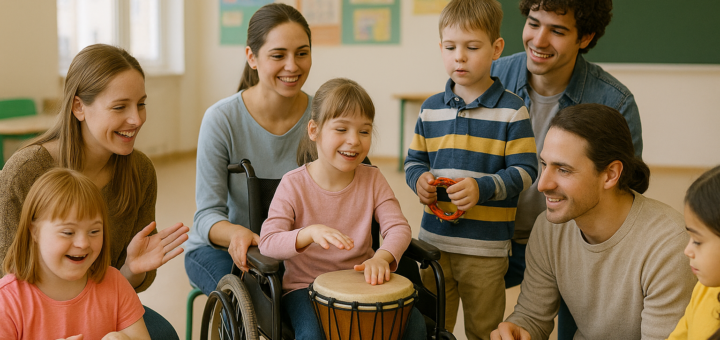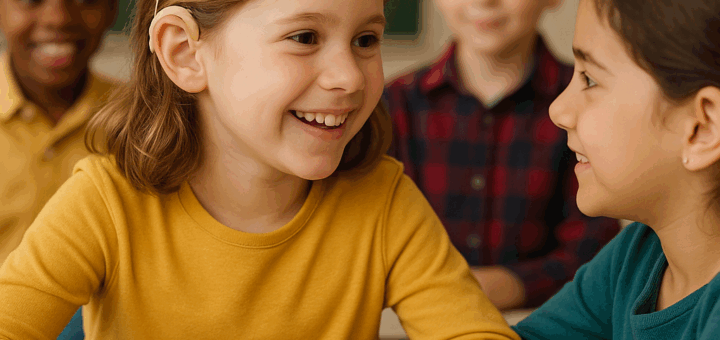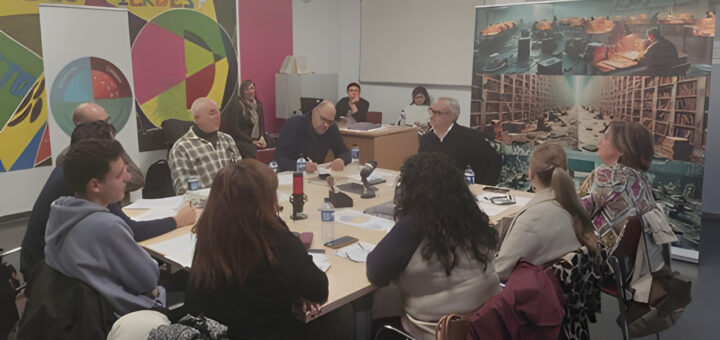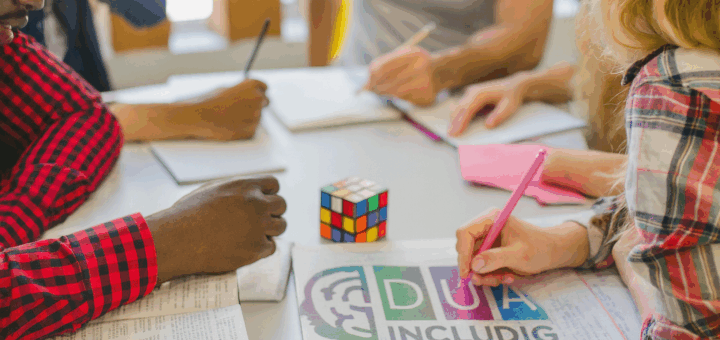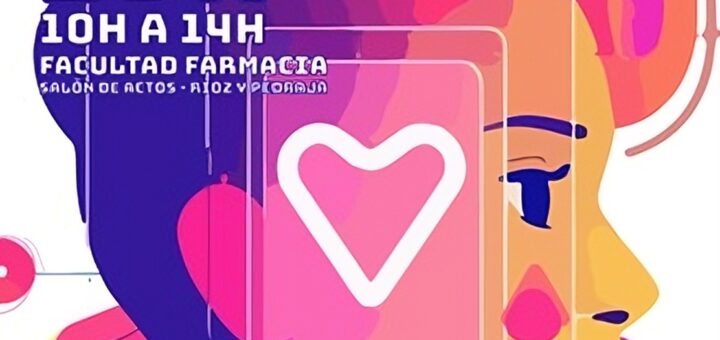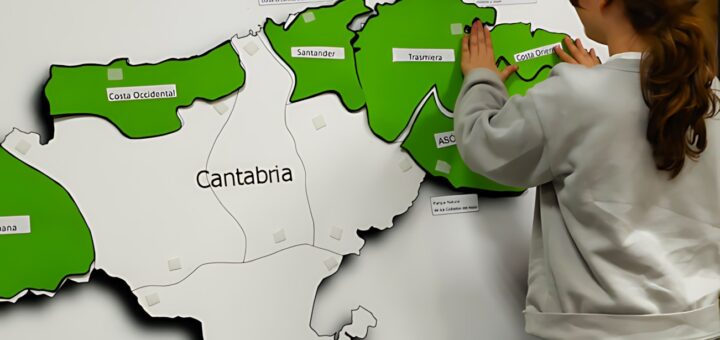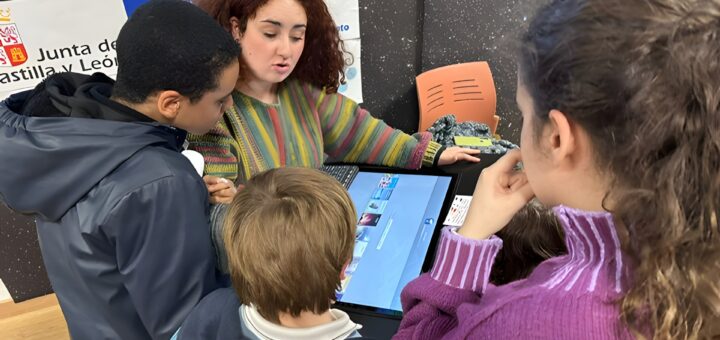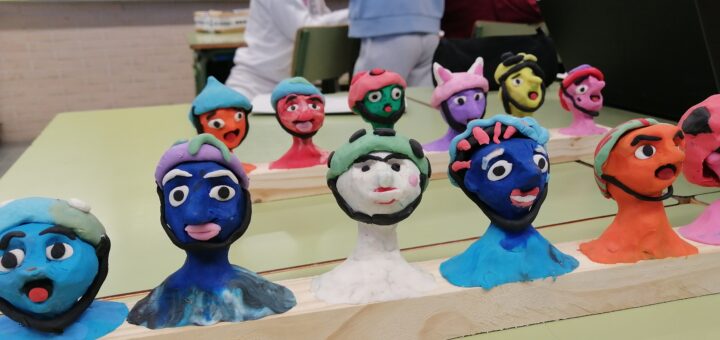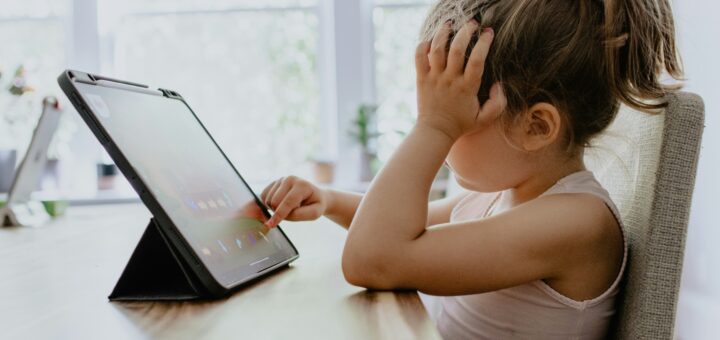In the Key of Inclusion: How Music Trains Teachers in Life Skills
In contemporary teacher education, mastery of academic content is no longer sufficient. Prospective teachers must also develop personal and social capacities that enable them to work with diverse student populations, manage complex situations, and cultivate more humane classroom environments. Among these competencies, three have guided this project—empathy, resilience, and prosocial behaviour—in alignment with the line of research we have been advancing (Cortón-Heras et al., 2023a).
